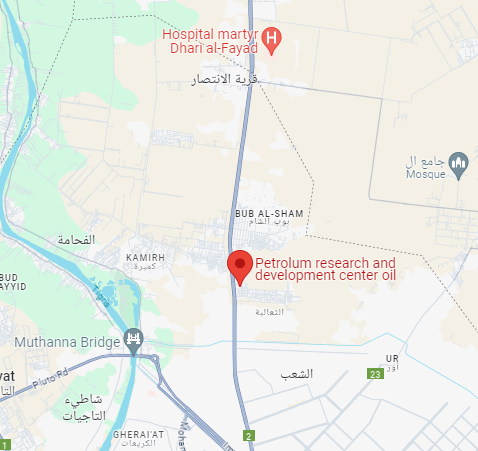Preparation an Optimal Hydrogel of Water Shutoff for Iranian Oil Field
DOI:
https://doi.org/10.52716/jprs.v5i1.130Keywords:
Hydrogel, Bottle test, Rheological tests, Consistency modulus, Central Composite Design, Plackett-Burman DesignAbstract
Presenting a suitable hydrogel for water shutoff in Iranian oil field is based on gelation time and gel strength. Rheological behavior of gel was the main purpose of this research. To determine the gelation time, thermal stability and gel strength a plan of bottle tests were conducted by using the central composite design method with two factors. The hydrogels composed of AN125VLM and chromium triacetate as copolymer and crosslinker, respectively were recorded for 8 weeks. Furthermore, the consistency modulus of the gels was measured by amplitude sweep tests using the Paar-Physica universal spectrometer, model MCR501. A hydrogel with 26,339 ppm concentration of copolymer and 0.12 ratio of crosslinker/copolymer and also gelation time of 2 days was selected as the optimal one. Also, it showed the maximum value of consistency modulus of 31,900 Pa among the other samples, tremendously, which showed the highest resistance against external stress. To ensure the gel strength among different effective parameters on the gel in porous media, a plan of rheological experiments were carried out. A 12 Run Plackett-Burman design was used for screening the eight parameters of NaCl, CaCl2, KCl and MgCl2 concentrations, temperature, pH, sodium lactate and nanoclay while keeping the optimal hydrogel component constant. Finally, it was found that temperature was the most effective parameter to control gelation time and also pH had negligible effect on the gelation time of this optimal gel.
Downloads
Published
How to Cite
Issue
Section
License
Copyright (c) 2020 Asefe Mousavi Moghadam, Mohsen Vafaie Sefti, Mahsa Baghban Salehi, Hassan Naderi

This work is licensed under a Creative Commons Attribution 4.0 International License.














